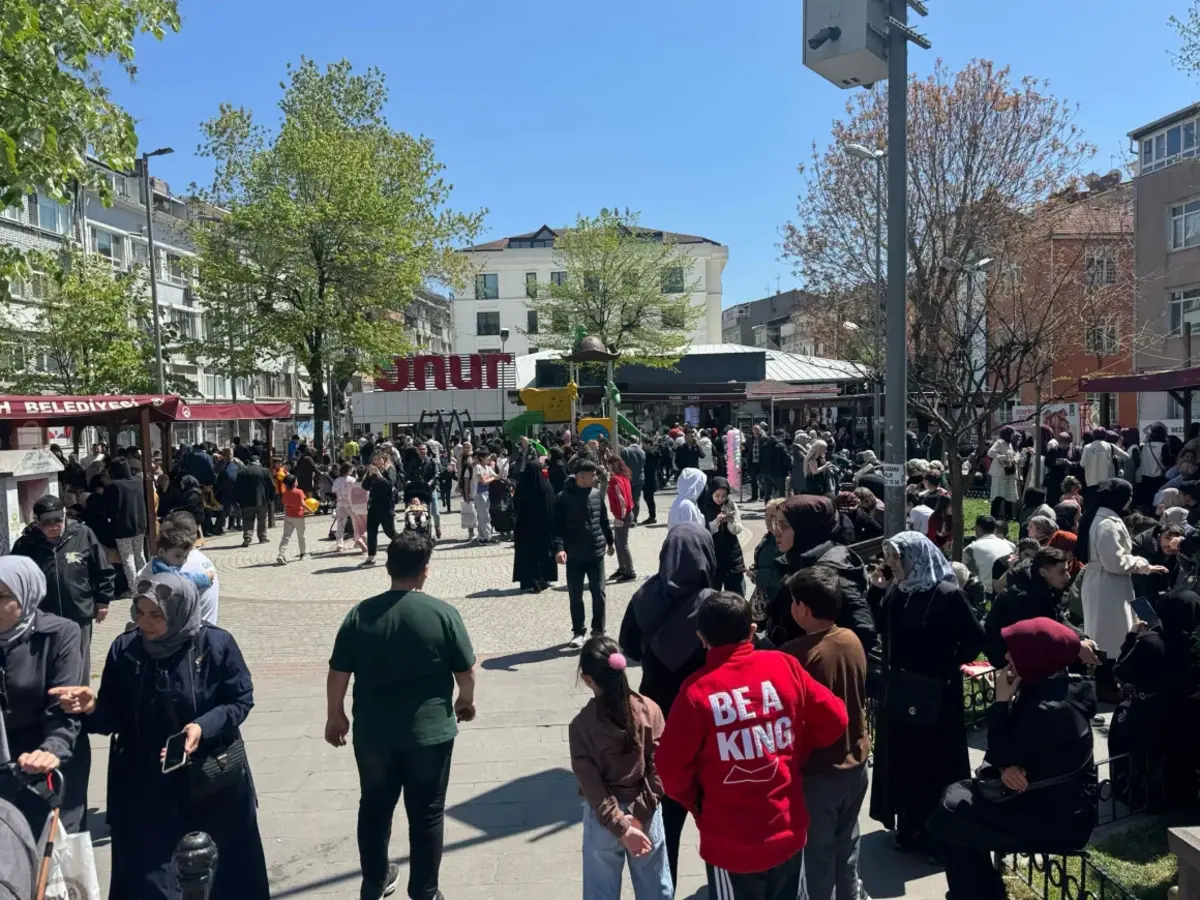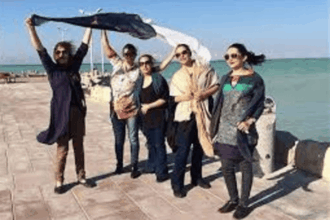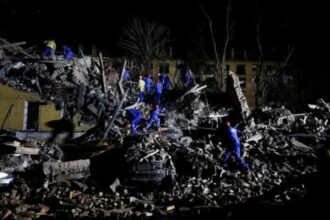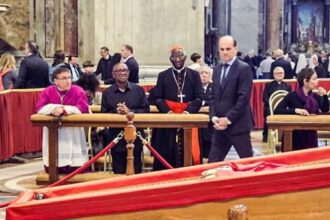A series of powerful earthquakes rocked Istanbul on Wednesday, injuring more than 150 people and rattling nerves across Turkey’s largest city.
The tremors, which were felt as far as Ankara—275 miles away—sent thousands fleeing buildings and sparked urgent questions about Istanbul’s preparedness for a major seismic event.
According to Turkey’s disaster agency, the strongest quake registered at magnitude 6.2 and lasted 13 seconds.
Interior Minister Ali Yerlikaya said the epicenter was located about seven kilometers below the Sea of Marmara.
A total of 51 aftershocks followed, the largest reaching magnitude 5.9.
While no fatalities have been reported, the Istanbul governor’s office confirmed that 151 people were injured after jumping from heights in panic.
Energy and water supplies remain intact, and no residential buildings are believed to have collapsed.
However, a partially collapsed abandoned building in the Fatih district prompted warnings to avoid older or structurally unsound properties.
The quake caused widespread alarm among residents.
“I was really panicked because I thought it was the major earthquake that we’ve all been expecting in Istanbul, This is a wake up call. I wasn’t prepared, my family wasn’t prepared. We just froze,” said Duru Yunek, who was in the middle of a morning shower when the tremor struck.
“Fear is written on every face,” said BBC Turkish correspondent Fatima Çelik, describing chaotic scenes in Beşiktaş where people fled homes in their pyjamas, clutching bags and pets.
Authorities closed schools for two days as a precaution.
Education Minister Yusuf Tekin emphasized that while no school buildings were reported damaged, school gardens would serve as safe gathering points for families.
Orla Guerin, reporting from Istanbul, noted that although the city is returning to its usual rhythm, anxiety still lingers.
Residents are venturing home briefly, only to return to the streets after feeling new tremors.
“There is a sense here that the city has had a lucky escape. But everyone knows that more quakes may come,” Guerin said.
“One neighbour told me she was heading home, to pack [an earthquake bag],” she added.
BBC Turkish reporter Burak Abatay, based in Pendik, called the quake “the most terrifying experience” he and his father have had in years.
“Everyone in our building rushed outside… I probably shouldn’t go back in tonight. But what am I supposed to do?” one local resident shared.
On live television, CNN Turk presenter Meltem Bozbeyoğlu struggled to maintain composure as the quake struck.
“I’m 32 years old and this is the first time I’ve experienced such a big earthquake, Can you please reach me on WhatsApp?” she said, visibly shaken.
Seismologist Naci Görür confirmed the quake originated along the Kumburgaz fault, one of the two major faults near Istanbul.
He stressed: “Today’s earthquakes are not the big earthquakes we expect.”
“They do add to the stress on the fault and make it more likely to break,” he warned, urging authorities to step up preparations.
The incident brought back memories of the devastating 1999 İzmit earthquake that killed over 17,000 people.
It also stirred fears following the 2023 quakes that devastated southeastern Turkey and Syria, claiming more than 55,000 lives.
With nearly 1.5 million homes in Istanbul still considered structurally unsafe, residents are calling for faster action to mitigate risks.
“We are all on tenterhooks. The news anchor was almost in tears”, said local resident Halil Taşkın.
(BBC)








